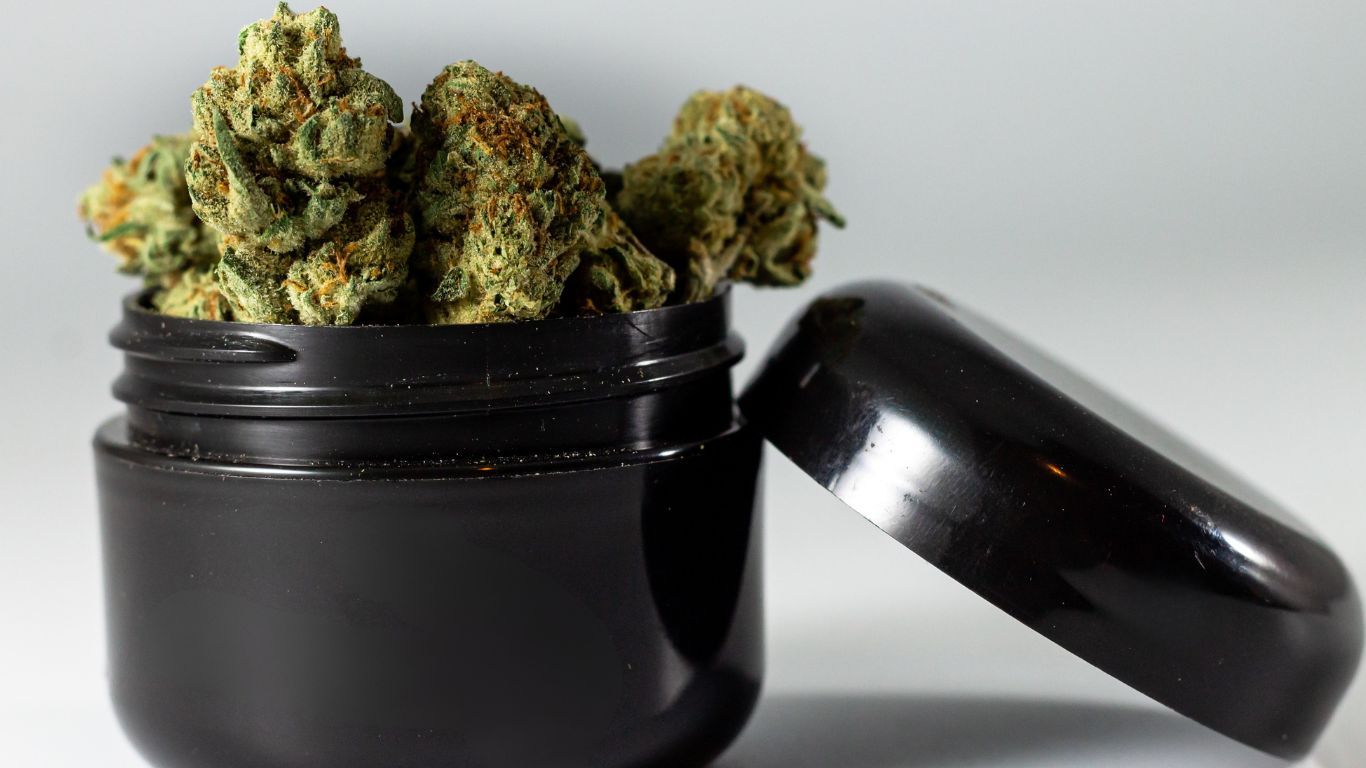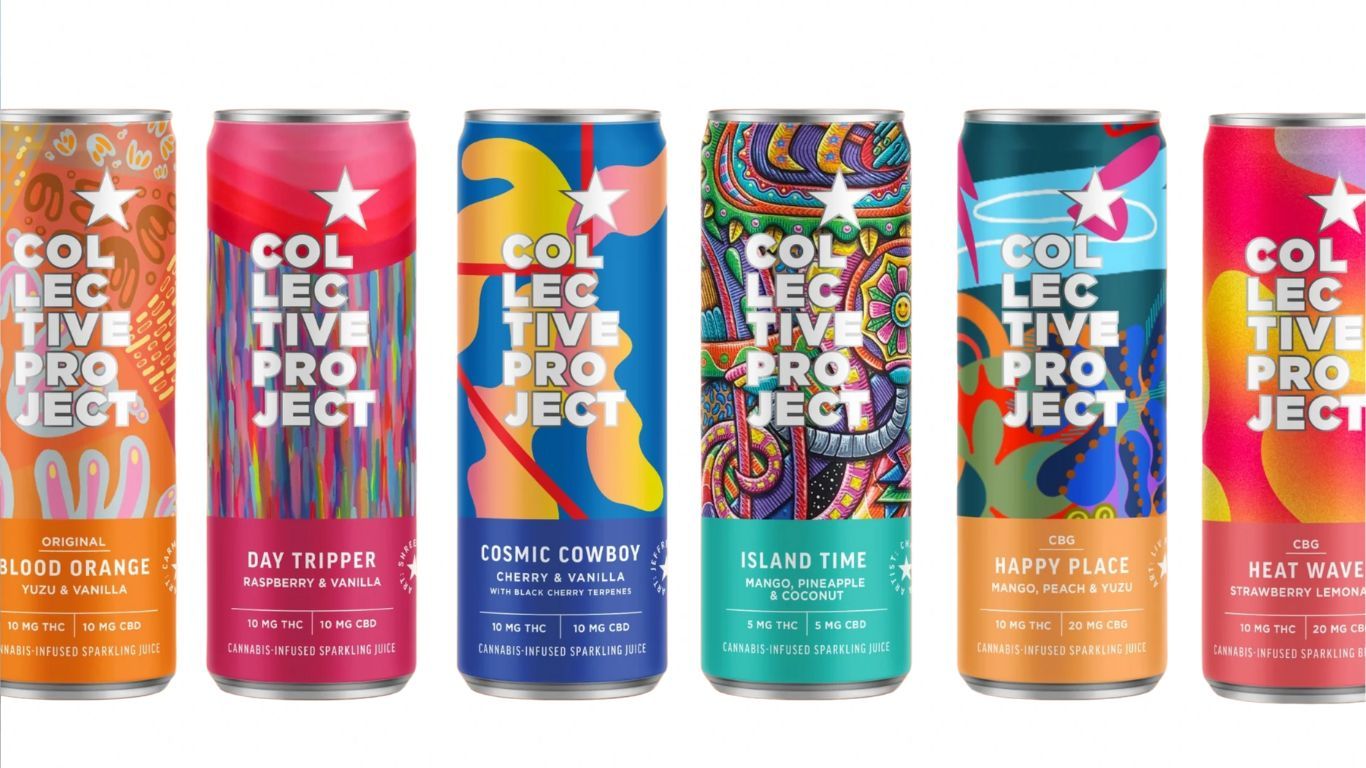
The BC Civil Resolution Tribunal dismissed claims from a billboard company in a dispute with a First Nations dispensary chain for payment of services following a warning issued by the province.
The dispute between Coast Outdoor Advertising and Indigenous Bloom centered around a billboard for the cannabis dispensary chain with eight locations in BC. The two parties had agreed on a contract for a billboard for a rental period beginning July 15, 2020 and ending July 14, 2021.
Then, on July 17, 2020 Coast Outdoor Advertising received an email from the Policing and Security Branch of the BC Ministry of Public Safety and Solicitor General (MPSSG), informing them the billboard was in violation of provincial rules because Indigenous Bloom was not a provincially licensed cannabis store.
Following this email Coast Outdoor Advertising removed the ad from their billboard. The advertising company then billed Indigenous Bloom for the first 28 days of services, as per their interpretation of the contract the two companies signed.
Coast Outdoor argued that the email from the province was covered by the counteract’s condition that “If a takedown notice is received from Health Canada, the Company will cease to pay rental fees the day the creative is taken down. If the take down happens within the first 28 days, the Advertiser understands that they are liable for the first 28 day rental.”
Indigenous Bloom argued they did not have to pay the fee. The Tribunal Member hearing the dispute ruled that the contract’s reference to a Health Canada takedown notice did not cover a similar notice from the provincial regulator, and thus the fee of $1,185.24 for the first 28 days was not owed by Indigenous Bloom.
Indigenous Bloom has operated cannabis stores in BC for several years now arguing that they are legal under the sovereign jurisdictional authority of First Nations. Although BC disagrees and requires all cannabis retailers to be licensed through the province, they have been reluctant to take enforcement action against retailers on First Nations land out of a fear of a court battle.
“With cannabis, like a number of other issues when it comes to First Nations, our view, the province’s view, is that yes, they are laws of general application,” BC’s Minister of Public Safety and Solicitor General Mike Farnworth last year. “Just as with some other issues, First Nations have said, ‘No. These are areas of our jurisdiction,’ and that’s both at the provincial level and at the federal level.”
“…On numerous occasions, these are often tested in court, sometimes with a decision that, yes, they do come under First Nations jurisdiction, and that has far-reaching effects.
“When you have an issue where there is a dispute over jurisdiction, as a number of First Nations have indicated,” continues Farnworth, “… it is their view that cannabis comes under their jurisdiction – this is a complex and complicated situation. It is something that has not just arisen. It has been around for a while, and we are working with First Nations to be able to deal with that. It’s why one of the ways in which we are encouraging legal production or legal retail is through the use of Section 119 agreements under the Act, which were designed to do just that.”











